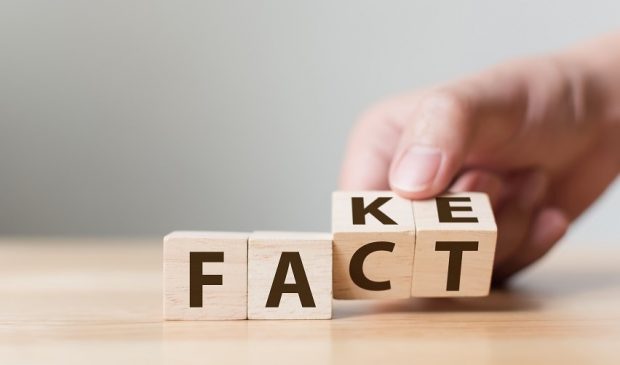
Current status of fact-checking by global journalism

By Dr. Hassan Humeida
Kiel, Germany
KIEL: In all open societies, we tend to stress the importance of facts, full facts, and not half facts or zero facts (known today as fake news), because they have a very strong impact on the people, the community and the country.
False information, misinformation and disinformation can cause enormous damage with major consequences.
The damage they cause often lasts a long time because lies and misinformation do not expire after their publication. They cannot be removed with a “Remove” command.
Therefore, the journalists and the news sites must provide the best quality of information and strong facts. In the long term, the higher the quality of the information, the greater the benefit and the better the reputation are for the media.
To make sure that the information is based on facts and data, there is now an increase reliance on fact checking. It is very important to verify claims, reports, videos and pictures.
This verification is essential and fundamental before broadcasting any information, no matter how important or unimportant it is to the public.
A review of the information for quality primarily requires a high degree of honesty, professionalism, personal responsibility, accuracy and commitment to society and fellow human beings.
A verification of facts before they are transmitted externally ensures their quality and the credibility of the information provided, which makes fulfilling people’s expectations for facts and truth possible.
As we live in a fast-paced world, there is increasing pressure on the media for quick information, urgent reporting, lightning-fast photo shoots, spontaneous encounters and interviews with certain people or target groups and much more.
Information is conveyed to the media through digital and social media of various kinds.
So, it is conceivable that there are errors, misinformation here, that they creep into reports.
Fact checking is not an option. It is a must. It includes filtering out, excluding, and correcting these errors in facts before passing them on to the public and society.
There is often so much glory, so much power about and with the media. However, operating the media is no picnic. It takes a lot of hard work to bring out the facts, all the facts and nothing but the facts.
This process includes verifying the facts, comparing data, and checking the sources. It also includes seeking a second opinion or advice from supervisors or from experienced colleagues.
Fact checking is very important in the drive to put an end to injustice, exclusion, discrimination, crime, exploitation, human trafficking, destruction of nature and the deterioration of human values.
Checking facts is a luxury. All media organizations should engage in it in order to minimize risks in providing information and facts and ensuring there is no misinformation that could destroy lives, damage businesses and ruin countries.
And to make sure that we all work for a safe world, where we can all embrace technology safely, we need to make sure media work will use factual quality in equal measures.
Media organizations thus check with each other for correct information and facts. Manipulations in media will be excluded and transparency in information and facts can be achieved for everyone.
E-Mail: hassan_humeidaqyahoo.de


